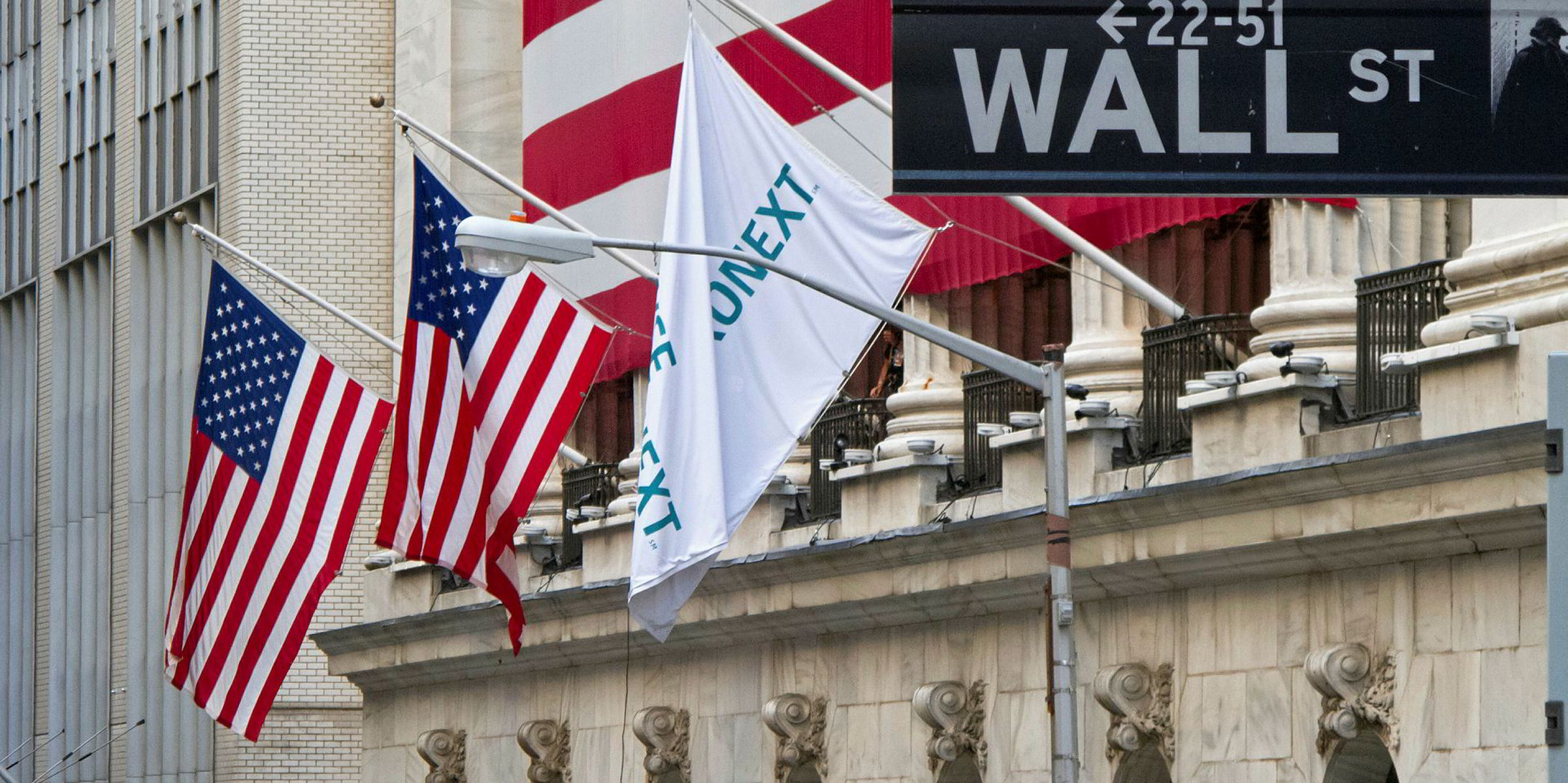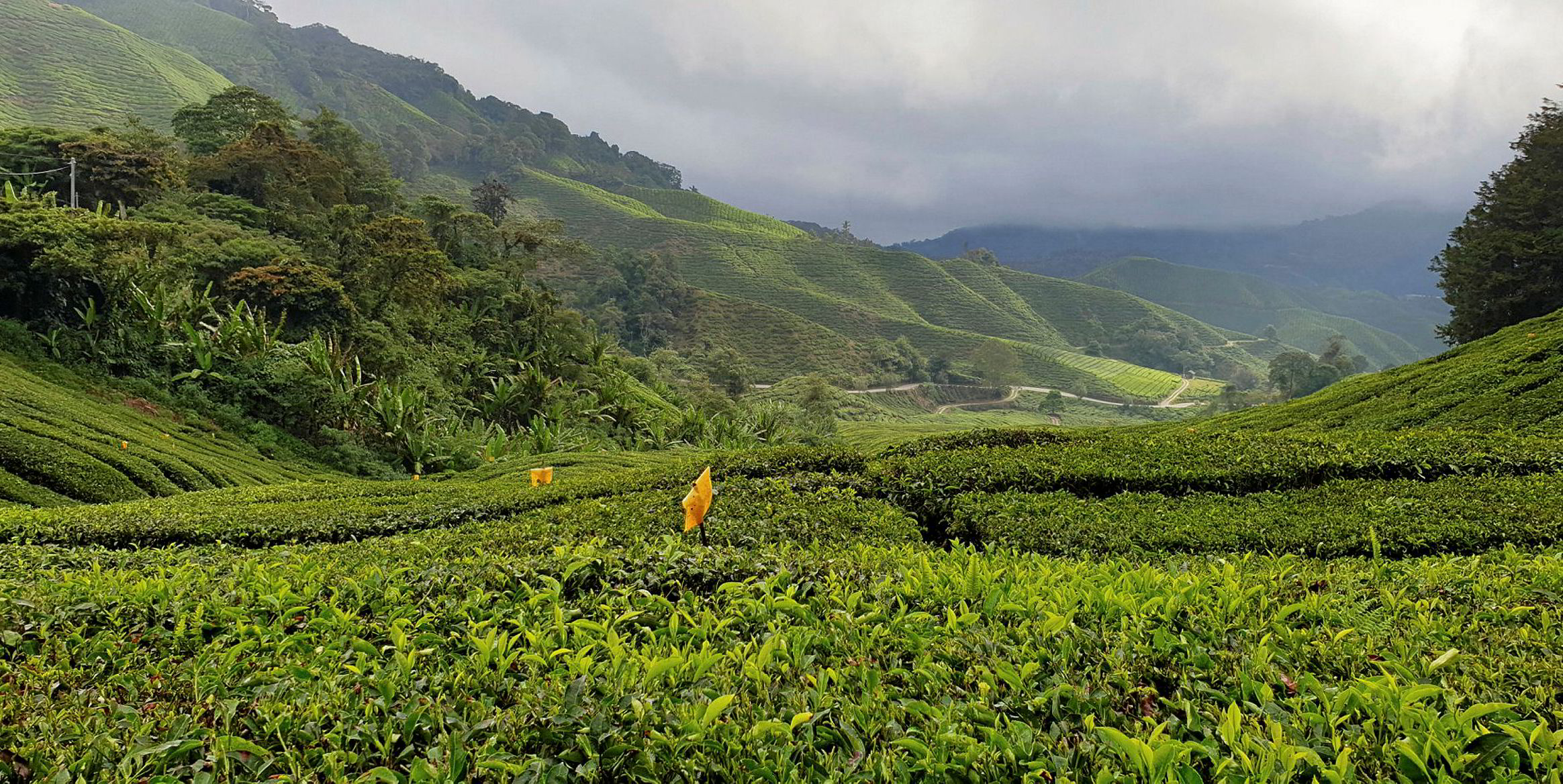Cleaves Securities is downgrading the tanker sector after the oil supply cut agreed over the weekend.
In a note, analyst Joakim Hannisdahl said he expects demand to catch up with supply this September, leading to a rough second half for tanker owners with an 11% year-over-year drop in oil transportation demand.
"We do see the potential for an oil tanker supercycle from [2023], but believe it is too early to discount this scenario into today’s share prices," Hannisdahl said in a note, re-rating the sector to hold from buy.
Specifically, he dropped DHT Holdings and Nordic American Tankers from hold to sell, Frontline and Teekay Tankers from buy to sell and International Seaways and Euronav from buy to hold.
The supply cut, agreed to by Opec and its allies, known collectively as Opec+, aims to slash output by 10m barrels per day.
The agreement ostensibly ends the oil price war between Saudi Arabia and Russia, which had been waged for roughly a month and saw Saudi Arabia crater prices by flooding a market already beset by declining demand due to Covid-19.
The increase in cargoes pumped up tanker rates, with many ships fixed for floating storage.
In his note, Hannisdahl said floating storage would remain a viable option in the short term with a projected VLCC spot rate of $70,000 per day. He said supply cuts would peak from June to September with oil demand rising.
"Our base case is for storage economics to deteriorate into [the third quarter]," Hannisdahl wrote.
"With an estimated additional 1.2% of the total oil tanker fleet tied up in floating storage by then versus now, against an underlying oil tanker demand drop of 12.6%, we expect oil tanker spot rates to plummet in concert with asset and share prices.
"Our tentative VLCC spot rate forecast for [second-half 2020] is now only [$15,000 per day], which is extremely low given [the fourth quarter] represents high season."
He added that on a positive note, the tanker orderbook remains at lows unseen since the mid-1990s, on top of elevated scrapping.
"We see the potential for an oil tanker super-cycle developing from [mid-2022] as oil tanker demand recovers and fleet supply is close to zero," he wrote.
Big numbers for VLCCs
Deutsche Bank's Amit Mehrotra said crude tanker rates took a dip down at the end of last week, but still averaged $144,000 per day for VLCCs.
This is six times above cash breakeven levels, he added.
LR2 rates eclipsed $60,000 per day, while MRs dipped a bit but still remained above $20,000 per day.
"The slew of Opec+ announcements starting on Thursday and, continuing over the weekend, won’t likely do much to the strong psychology of the crude tanker market," Mehrotra said.
"Oil remains significantly oversupplied, albeit less so, which should keep a lid on crude prices and drive need for floating storage [not necessarily for financial reasons, but rather logistical challenges given full land storage]," Mehrotra said.
"The weaker crude market is driving significant opportunity for product tankers as well.
"We note, for example, that in recent weeks, propane has traded at a premium to naphtha, which is rare as we note that the propane-naphtha spread has averaged $30 to $200 per tonne since 2013 ... early this month, it was +$66/tonne, which has driven long-haul voyages of naphtha for petrochemical feedstocks [at the expense of propane/LPG]."
He believes this could "last a while."
"With respect to tanker stocks, we believe too much focus is being given to what the outlook is six months from now, and less focus on cash flow generation here and now," he said.
"This may seem counterintuitive because the market is, of course, a discounting mechanism. But the typical playbook doesn’t apply, in our view, given the level of cash flows being generated in 1H 2020 [first-half 2020], and, what those cash flows imply for net asset value — ie, we believe pro forma for 1Q [first-quarter] and 2Q cash flows — net asset values will be significantly higher, as will loan-to-values, which should drive significant uplift in shares."
Euronav and Scorpio Tankers are its two top picks.






